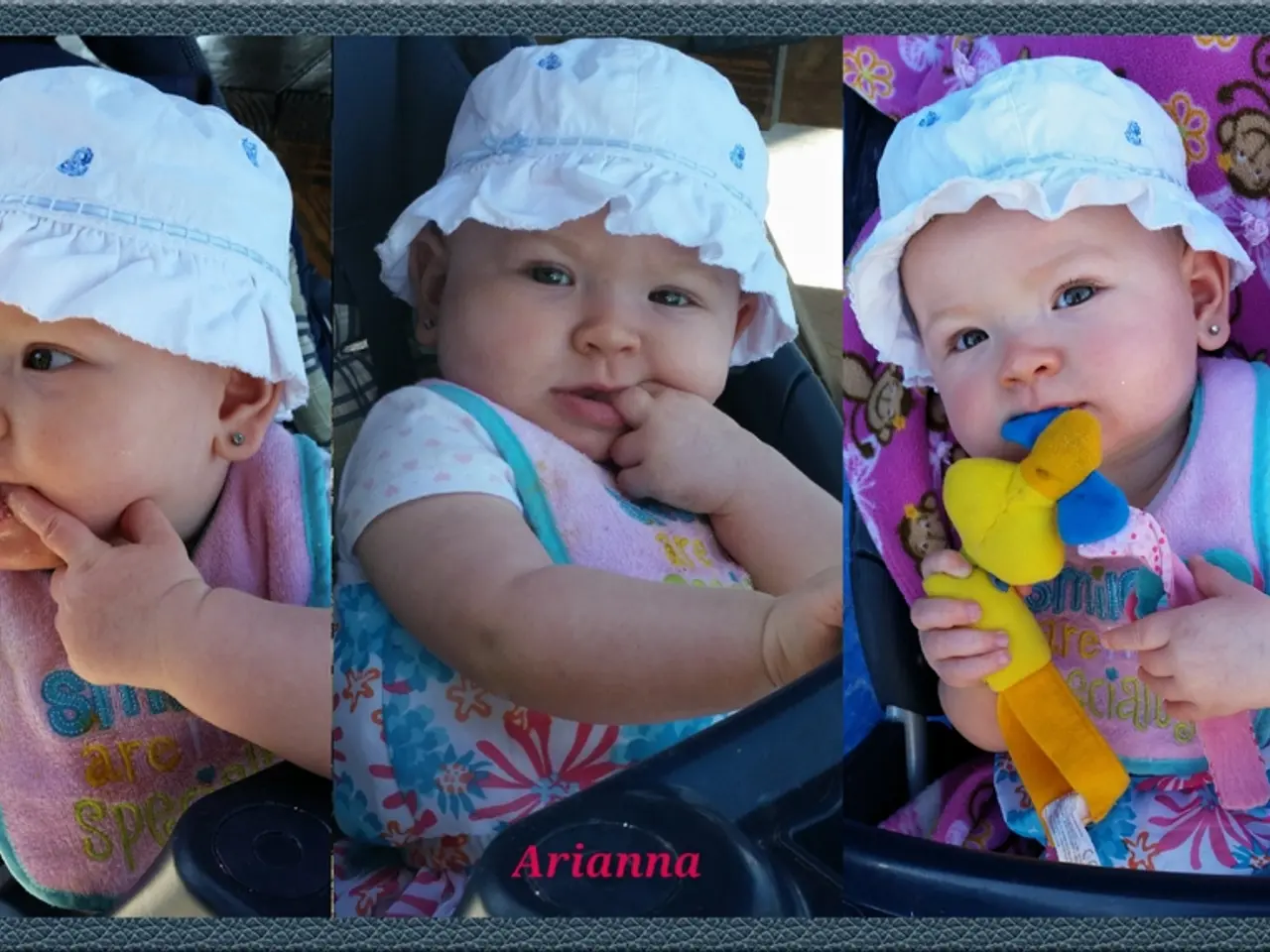Autistic Special Interests: In-depth Examination of Intense Focus Areas in Autism Spectrum Disorder
In the world of autism, special interests play a significant role, offering a unique perspective on the lives of those affected. These interests, while often misunderstood, can bring joy, happiness, and a sense of flow to individuals on the spectrum.
Special interests, a common sign among autistic individuals, can range from technology and animals, to music, factual information, collecting/hoarding, sensory-seeking activities, numbers and mathematics, art and creative arts, and transportation. They can be lifelong or change over time, providing a source of comfort and identity.
However, these interests can also present challenges. Social isolation and bullying, interference with daily functioning, and difficulty transitioning between activities or neglecting basic needs are some of the challenges associated with autistic special interests.
To mitigate these challenges, it's essential to incorporate special interests into education and career goals. This could involve researching academic programs or seeking mentors in the chosen field. Communicating special interests effectively by tailoring the approach to audience and social context is also crucial.
Research suggests potential gender differences in the types of special interests between autistic boys and men and autistic girls and women. Boys often exhibit more intense, systemizing, or object-focused interests, while girls’ interests tend to be less intense, more socially related, and more easily camouflaged due to social factors and brain differences.
Girls with autism may mask or camouflage their traits by imitating peers, leading to their special interests being less stereotypical or less intense and therefore less noticeable. This can contribute to differences in how special interests manifest and are expressed between genders.
It's important to recognise that special interests are valuable aspects of autistic identity. They can contribute to increased self-esteem, provide a sense of comfort and act as a coping mechanism, offer social opportunities, enhance learning and knowledge, and potentially lead to career paths that align with the individual's interests.
To make the most of special interests, setting aside regular, undisturbed time for pursuing them is key. A well-structured schedule can help allocate time for special interests and other responsibilities, ensuring that they remain a positive force in the lives of those on the spectrum.
In conclusion, special interests in autistic individuals are characterised by greater intensity and focus on less common topics than neurotypical individuals. They can bring numerous benefits, but also present challenges that need to be addressed. By understanding and accommodating these interests, we can help create a more inclusive and supportive environment for those on the autism spectrum.
- The role of special interests in autism extends beyond simple hobbies, impacting self-care, motivation, and mental health.
- Effective communication of special interests is vital for social integration, particularly in educational and professional settings.
- Anxiety and stress can be alleviated through self-care practices that incorporate special interests.
- Understanding the brain's role in perception can provide insight into the allure and significance of special interests for individuals with autism.
- Psychology research reveals that special interests can positively influence self-esteem and sense of identity in autistic individuals.
- Education systems should incorporate the study of health-and-wellness, mental health, and mental-health issues in their curricula to foster a more comprehensive understanding of autism.
- Culture plays a role in the way autistic special interests are perceived, potentially leading to discrimination or exclusion in certain societies.8.Unaddressed challenges associated with special interests may lead to interference with daily functioning, such as neglecting basic needs or difficulty transitioning between activities.
- By recognizing the potential benefits of special interests and making accommodations for them, we can foster a culture of inclusion and promote mental well-being in the autistic community.
- Learning about the diverse range of special interests among autistic individuals can broaden our perception of this unique population and challenge common stereotypes in our society.




